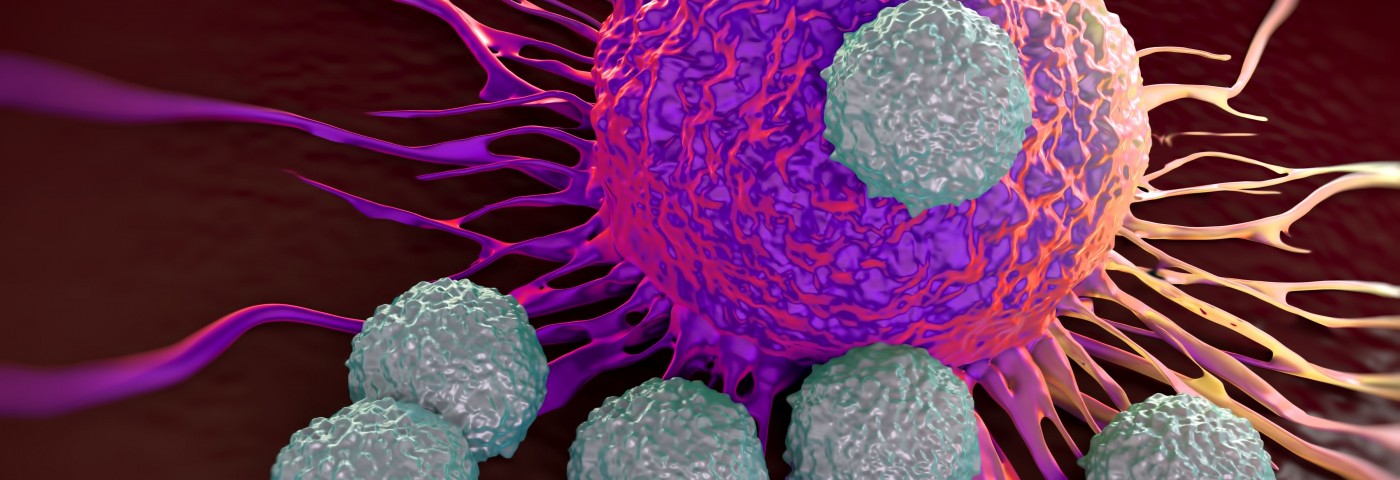Compugen announced it has achieved its first preclinical milestone with its immune checkpoint target candidate CGEN-15022, a result of its cancer immunotherapy collaboration with Bayer.
Cancer involves abnormal cell proliferation with the potential to spread to other parts of the body in a process known as metastasis. There are more than 100 different types of cancers known to affect humans, and depending on its progressive stage, type, location, and patient wishes, there are a number of treatments that exist, some of which help cure, and others which don’t. This includes chemotherapy, radiation therapy, surgery, and hormone therapy.
In the late 1990s, a new research area emerged called immunotherapy or biologic therapy, whichconsists of stimulating patients’ immune systems to fight cancer. Immunotherapeutic approaches exploit the ability of the immune system to first detect the presence of cancer cells through the presence of specific molecules on their surfaces known as tumor-associated antigen (TAAs), and use compounds either produced by the body itself or in a laboratory to target and destroy the TAA and restore or improve the function of the immune system.
A number of natural and lab-made materials are currently tested as cancer immunotherapeutic agents, including adoptive T-cells, anti-CD47 and anti-GD2 antibodies, polysaccharides found in mushrooms, and immune checkpoints.
Compugen is currently working on potential immune checkpoint target candidates that could be useful for cancer immunotherapy, such as CGEN-15001T and CGEN-15022.
In December 2015, the company achieved the third preclinical milestone for its candidate CGEN-15001T, which was transferred to the full control of Bayer to perform more preclinical and clinical development studies as well as global commercialization, under milestone and royalty-bearing licenses from Compugen.
For CGEN-15022, currently at the first preclinical milestone, its anti-cancer properties will continue to be evaluated under the collaborative preclinical research program. The partnership with Bayer is expected to facilitate research, development, and commercialization. For more information, see Compugen’s recent Form 6-K filing.


